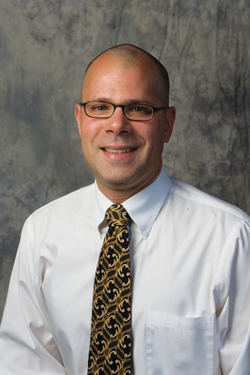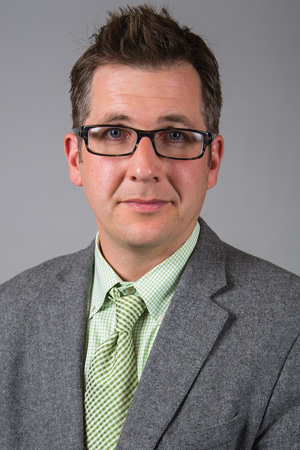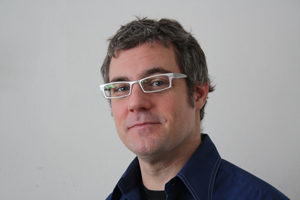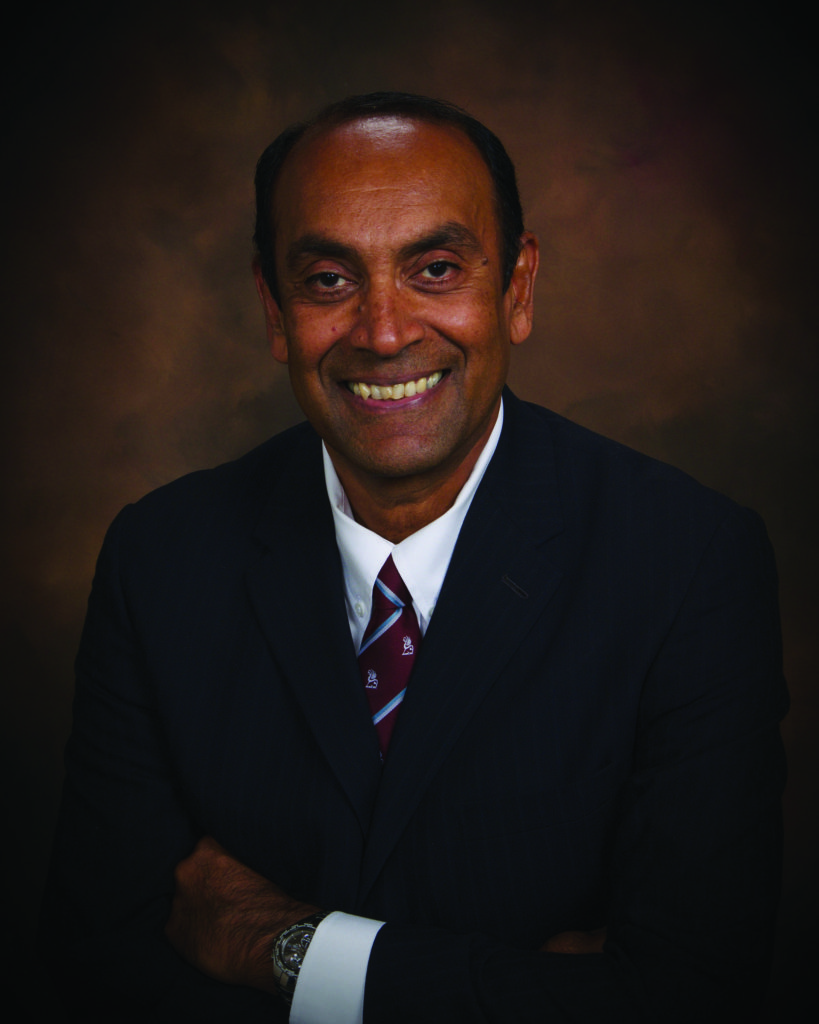Student Comparisons and Evaluations (S15)
Professor Knepper’s Spring 2105 Philosophy of Religion course looked at discourses of ineffability in Jewish mysticism and Muslim mysticism (as well as a little Zen Buddhism). In their final papers […]
Student Comparisons and Evaluations (S15) Read More »










